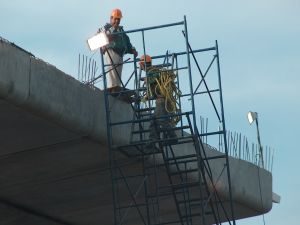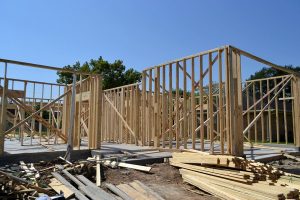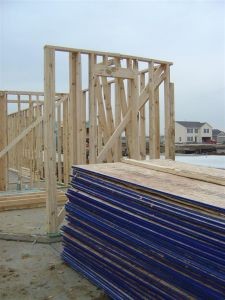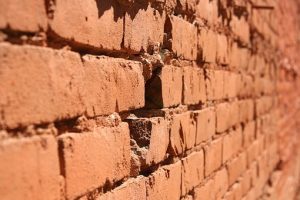Construction Arbitration
Complex New Jersey construction law cases can be extremely expensive to litigate in court because of the amount of documents involved, the number of witnesses, and the need for experts. Therefore, many construction contracts contain arbitration provisions. The view is that arbitration can save money in the  litigation process, but still provide an enforceable dispute resolution process.
litigation process, but still provide an enforceable dispute resolution process.
However, it would not be accurate to call construction arbitration “cheap” or “inexpensive.” Essentially, arbitration is a private litigation process with limited discovery and appeal rights. By limiting discovery, particularly depositions, a significant source of expense is eliminated, and by limiting appeal rights, arbitration can provide more finality. However, there is still discovery. Documents are generally exchanged before the hearing, so there is still expense, but costs are saved because arbitration rarely involves depositions. Likewise, while experts are not normally deposed, they are still required and must prepare pre-hearing reports about their expected testimony. All of this entails significant expense. In addition, while there are minimal filing fees and the services of courts are generally free, the use of an arbitration forum in construction law disputes entails significant fees, and in addition the parties have to pay the arbitrator for all his or her time.
 regulations governing home improvement contracts and home elevation contractors were already draconian, but the new law is a sea change, greatly expanding the regulatory requirements for New Jersey contractors, including a new requirement that they be licensed.
regulations governing home improvement contracts and home elevation contractors were already draconian, but the new law is a sea change, greatly expanding the regulatory requirements for New Jersey contractors, including a new requirement that they be licensed. New Jersey Lawyers Blog
New Jersey Lawyers Blog


 the project, such as the engineer or the architect. Owners may also make these claims against architects and engineers directly. A trial judge in the
the project, such as the engineer or the architect. Owners may also make these claims against architects and engineers directly. A trial judge in the 
 the New Jersey
the New Jersey  seeking to get paid for their work.
seeking to get paid for their work. litigation process, but still provide an enforceable dispute resolution process.
litigation process, but still provide an enforceable dispute resolution process. agreed to and then not get paid, despite the fact that they met all the project’s specifications and did a great job. It is a well-founded worry. Companies or people who don’t want to pay devise many different schemes, sometimes claiming defects with the work, delay damages, failure to do proper paperwork, the excuses are as varied as is human imagination. To be clear, sometimes these claims are legitimate, but sometimes they are not, and good contractors need to get paid to do the work and to stay in business.
agreed to and then not get paid, despite the fact that they met all the project’s specifications and did a great job. It is a well-founded worry. Companies or people who don’t want to pay devise many different schemes, sometimes claiming defects with the work, delay damages, failure to do proper paperwork, the excuses are as varied as is human imagination. To be clear, sometimes these claims are legitimate, but sometimes they are not, and good contractors need to get paid to do the work and to stay in business.
 Disputes over construction projects can be costly, time-consuming, complex and unpredictable endeavors. Arbitration is a mechanism often used to avoid these pitfalls by many in New Jersey construction law. Attorneys from our firm have significant experience in litigating and arbitrating construction disputes. One of the most contentious areas is whether a dispute is subject to arbitration or whether it may be litigated in court. Even more complex is trying to figure out which parts, if any, are covered by an arbitration in multi-issue disputes. New Jersey’s courts recently faced just this problem and issued an important precedential decision.
Disputes over construction projects can be costly, time-consuming, complex and unpredictable endeavors. Arbitration is a mechanism often used to avoid these pitfalls by many in New Jersey construction law. Attorneys from our firm have significant experience in litigating and arbitrating construction disputes. One of the most contentious areas is whether a dispute is subject to arbitration or whether it may be litigated in court. Even more complex is trying to figure out which parts, if any, are covered by an arbitration in multi-issue disputes. New Jersey’s courts recently faced just this problem and issued an important precedential decision.